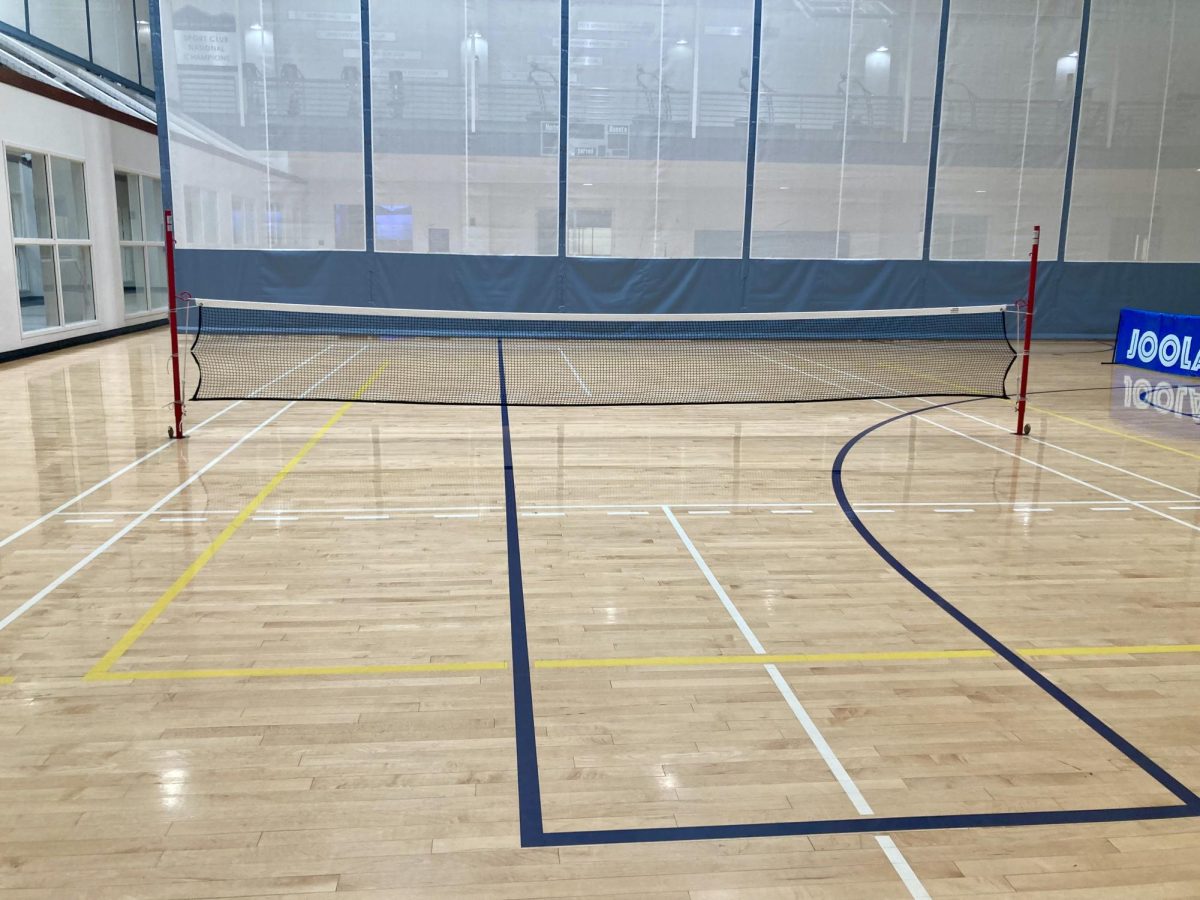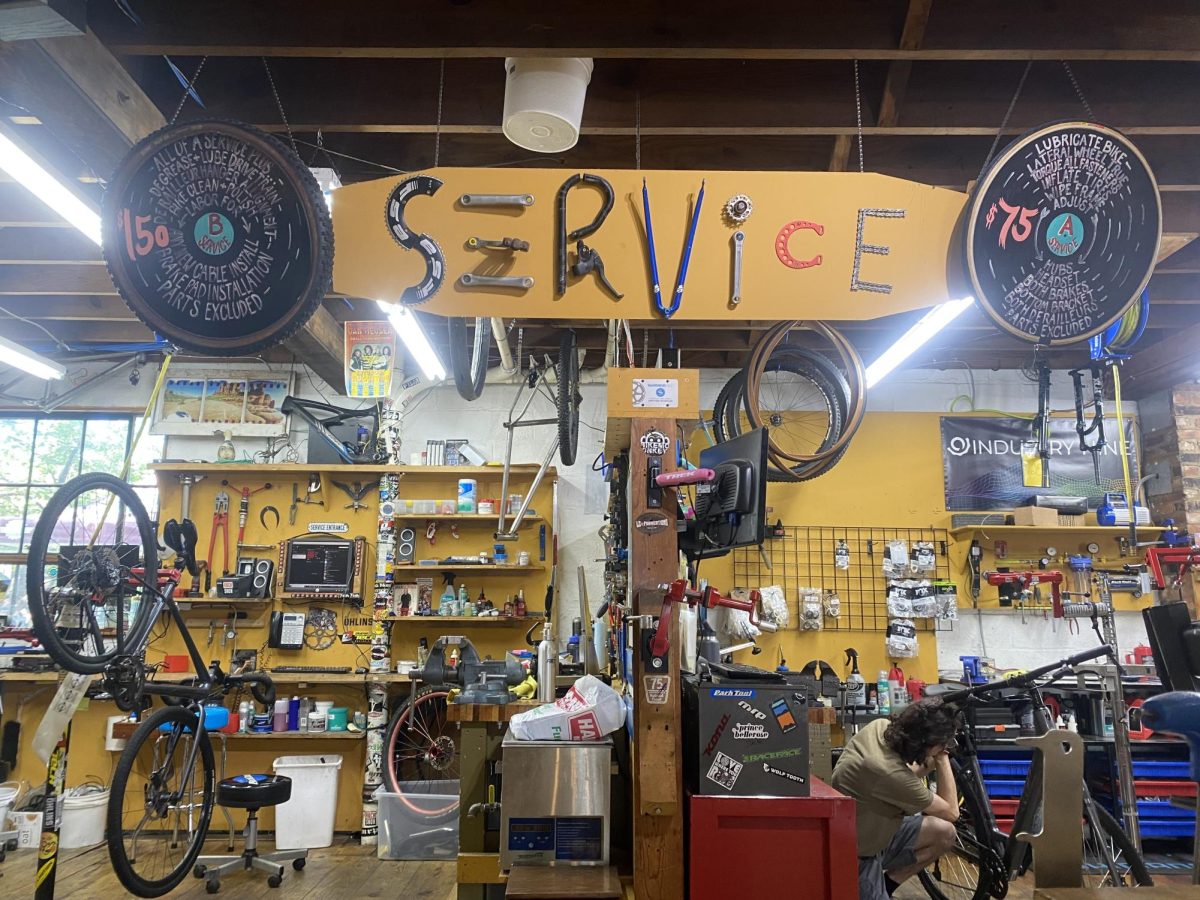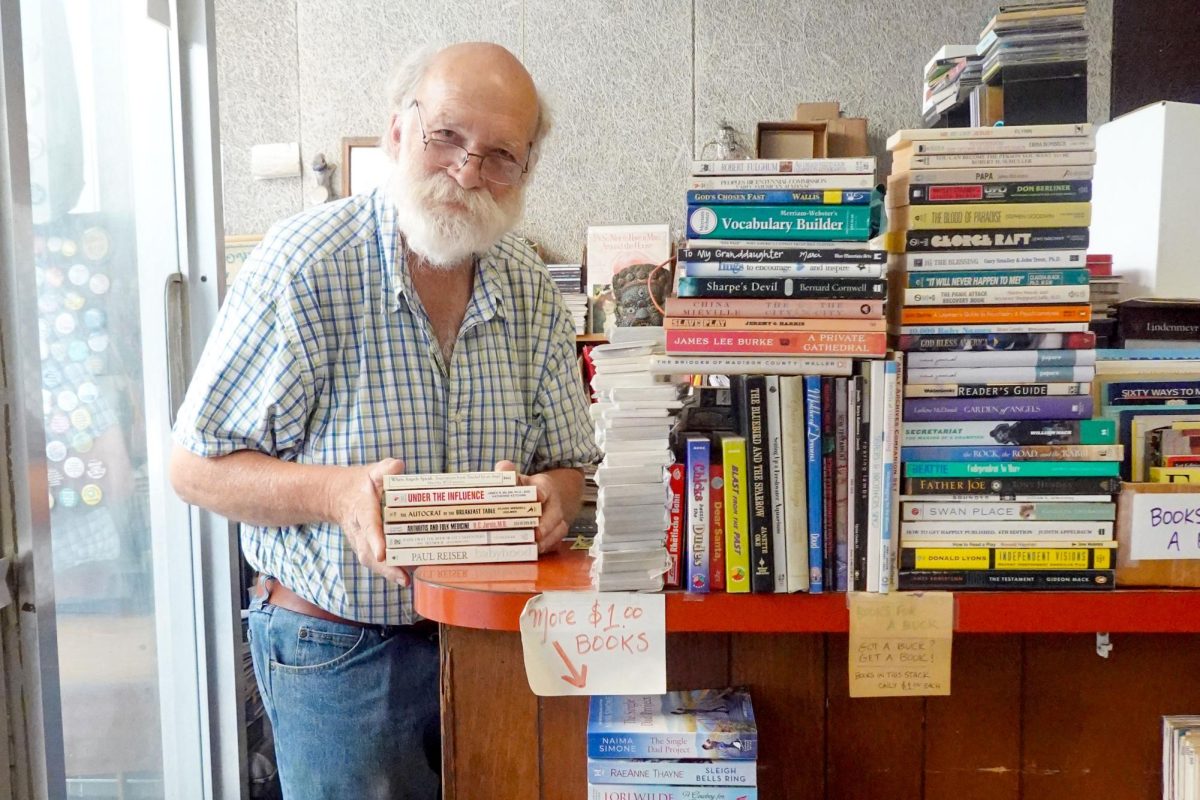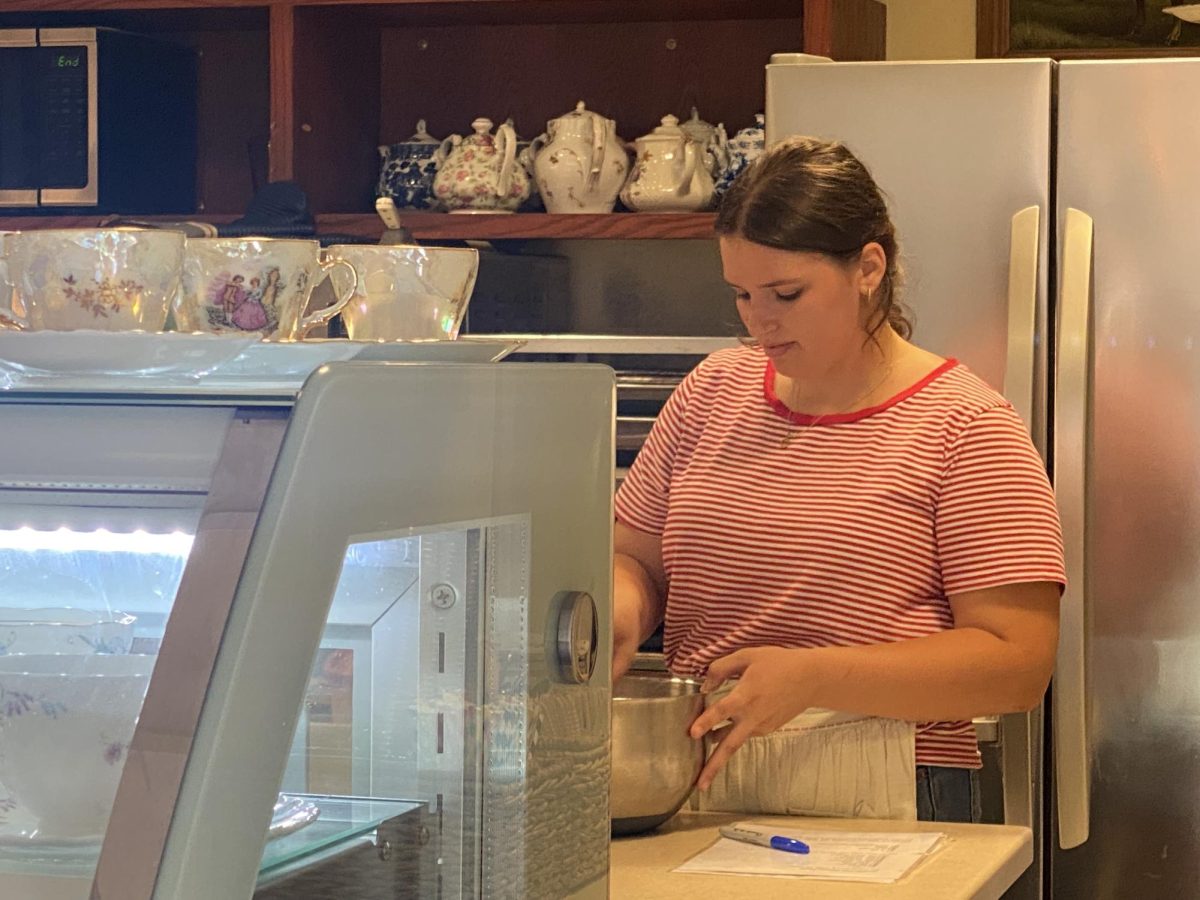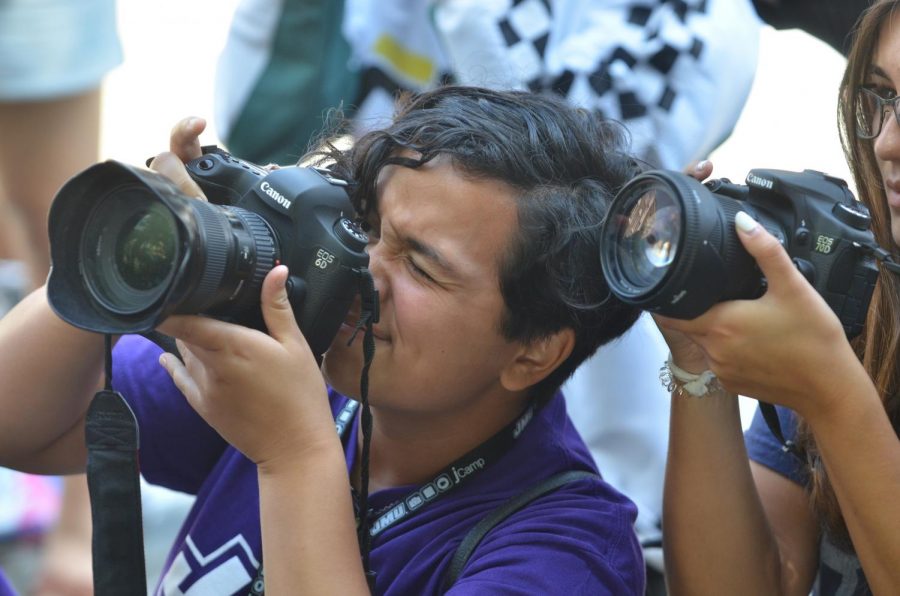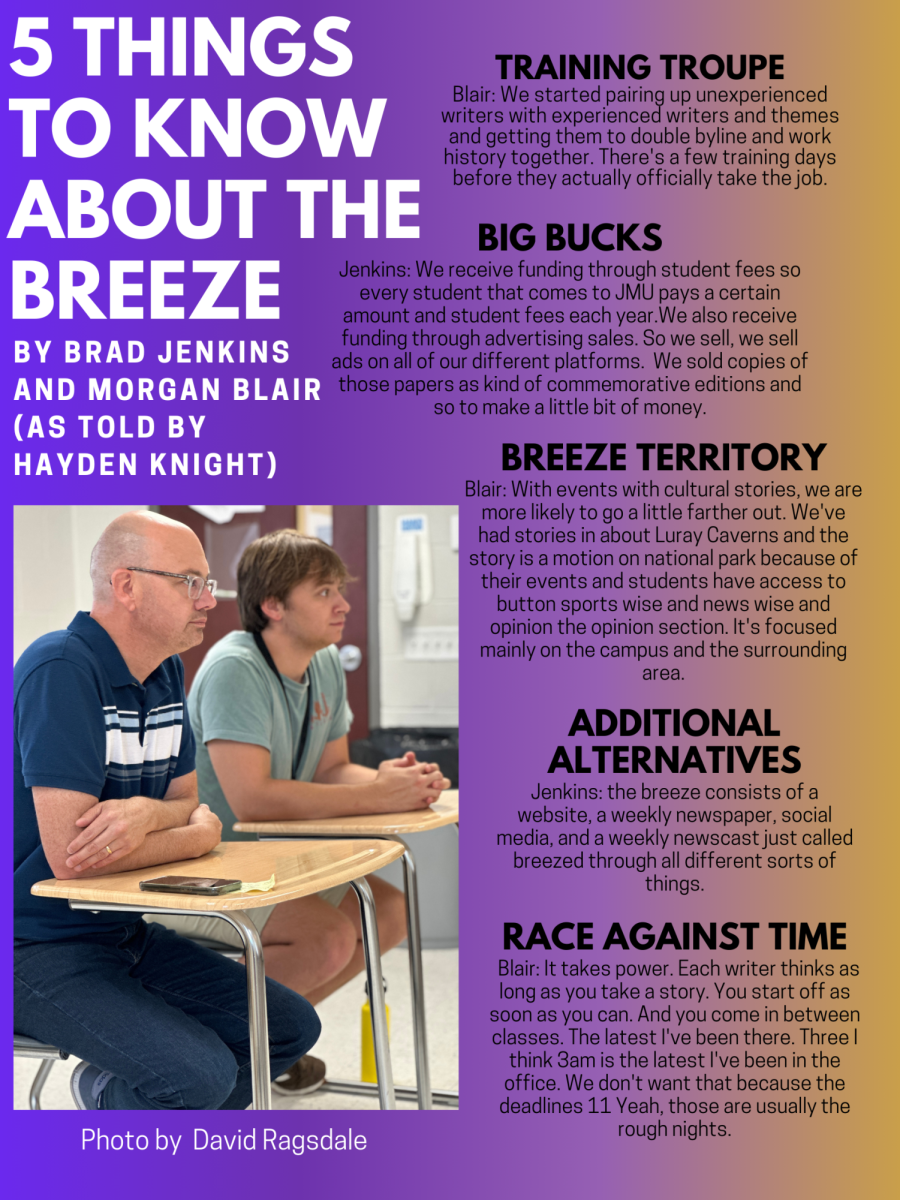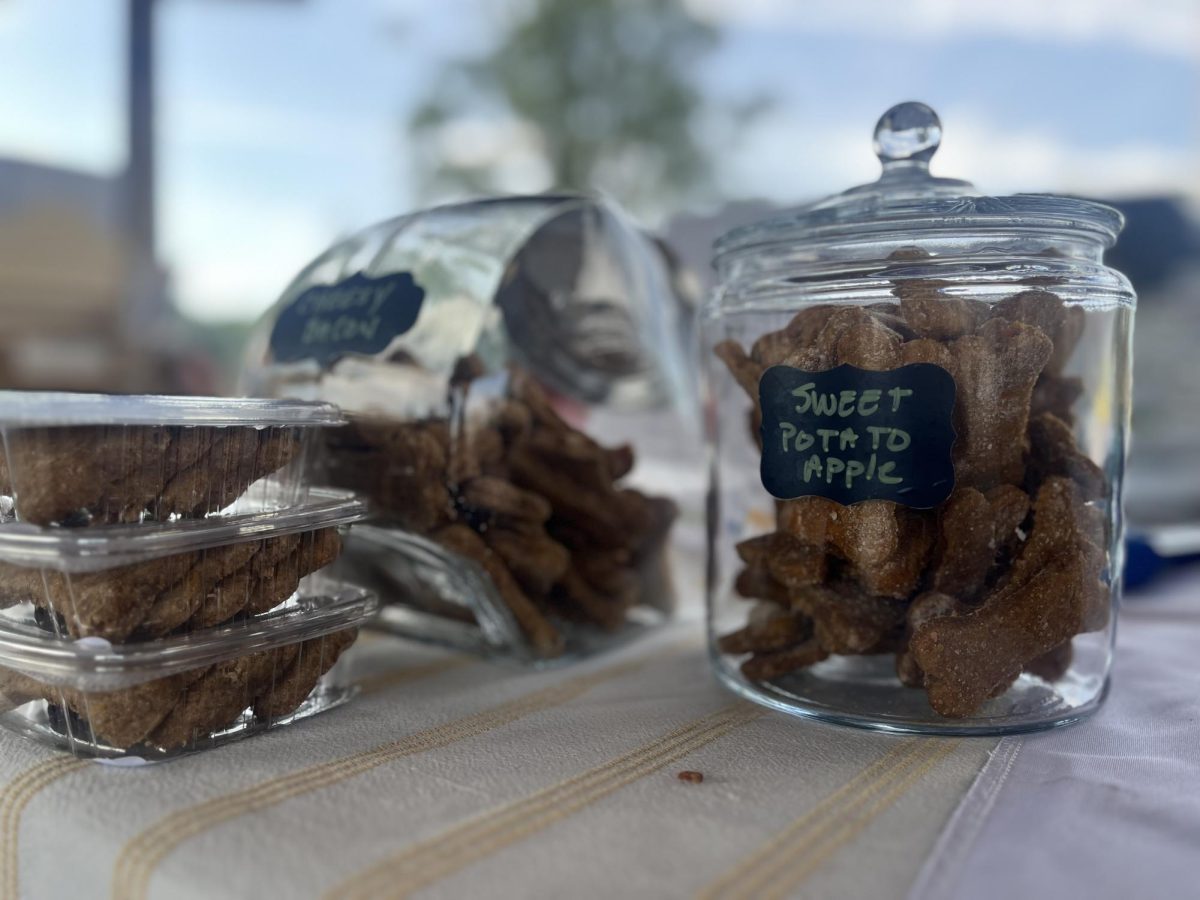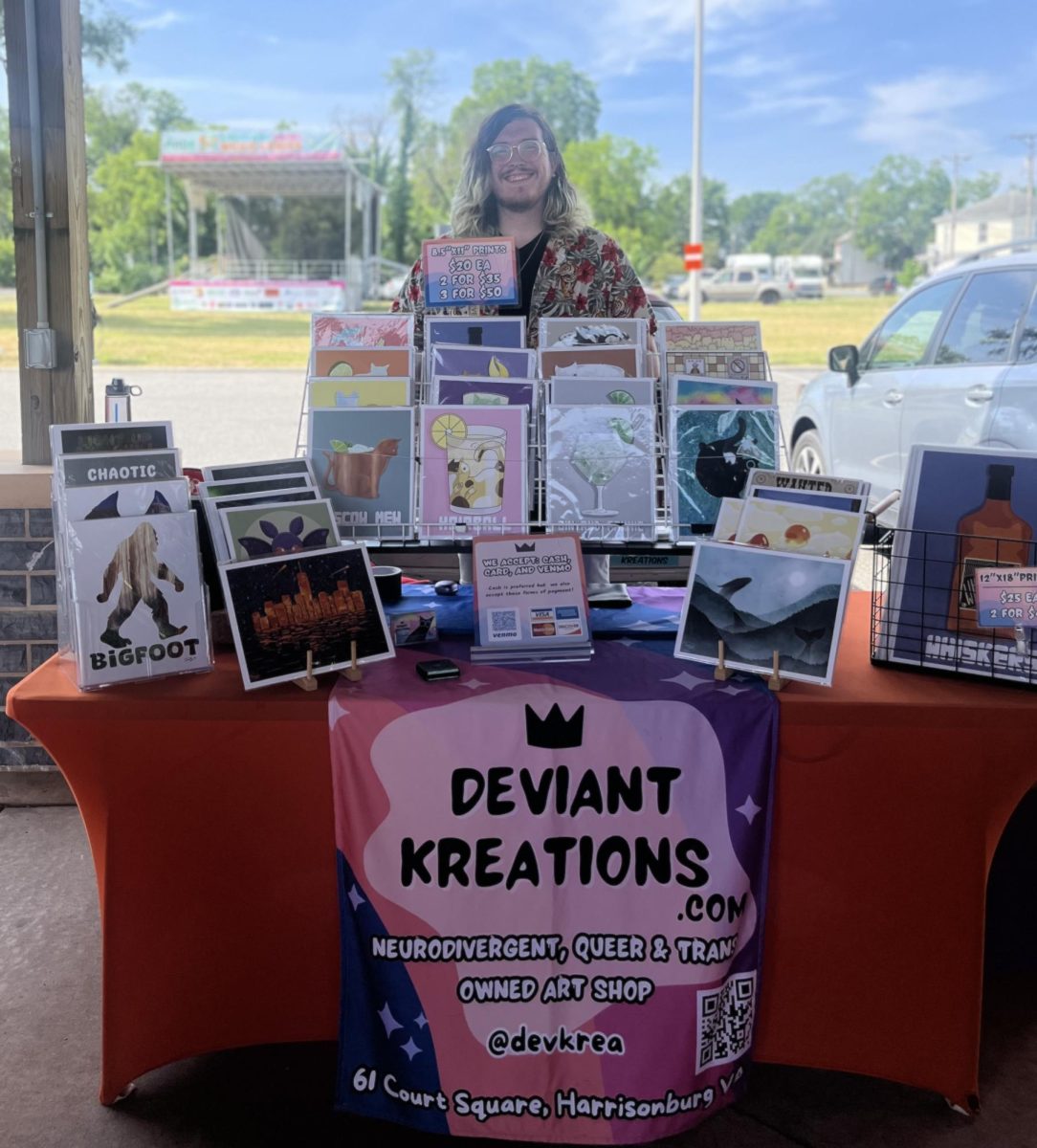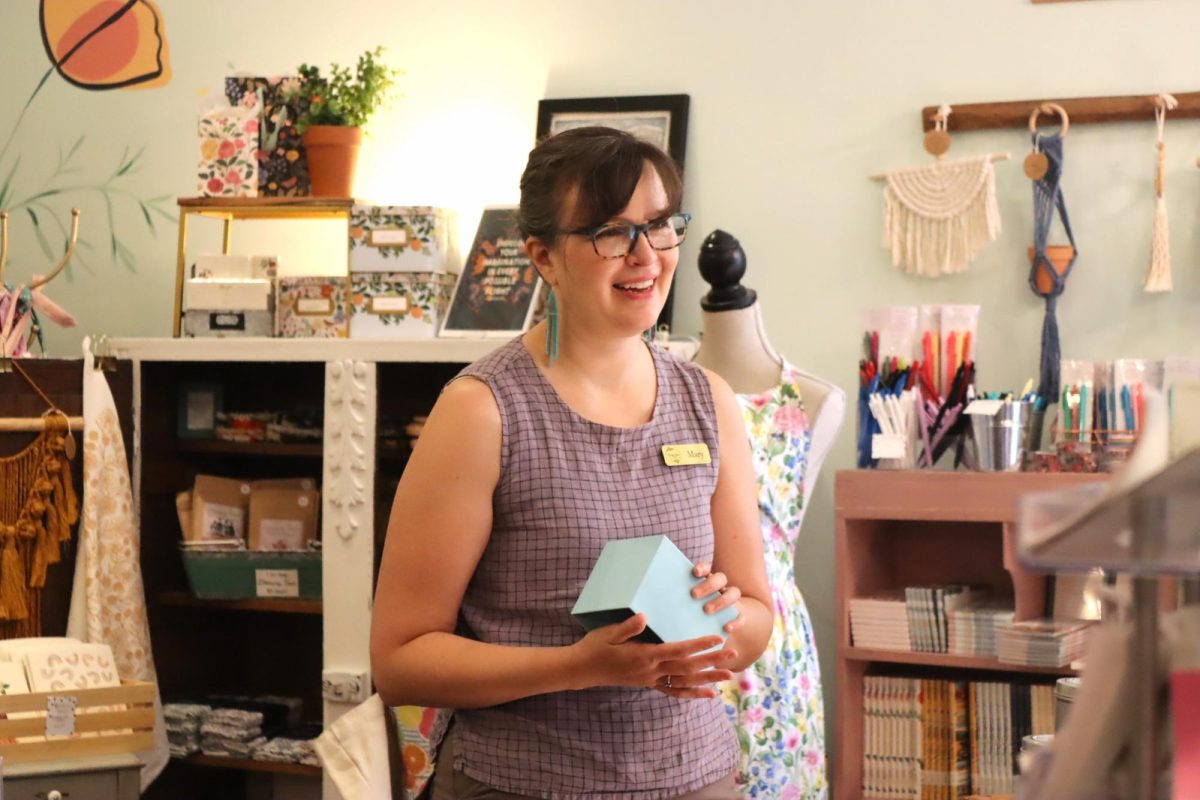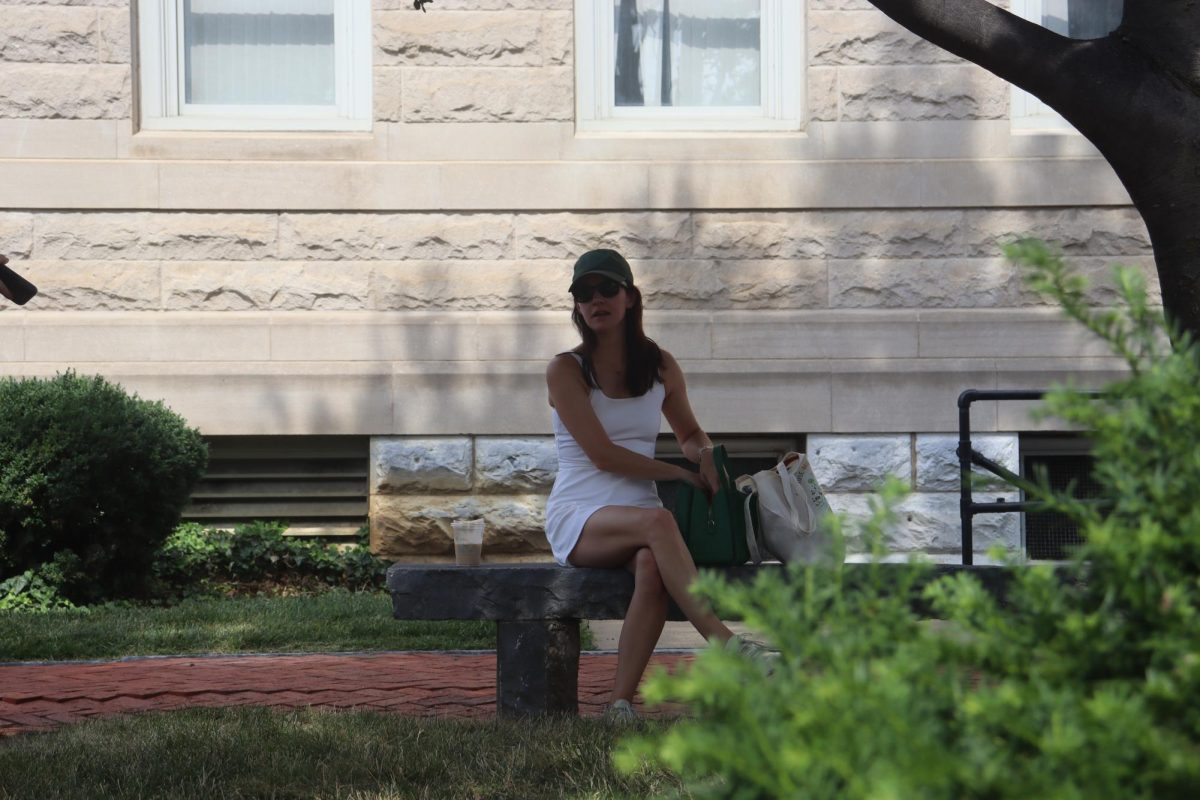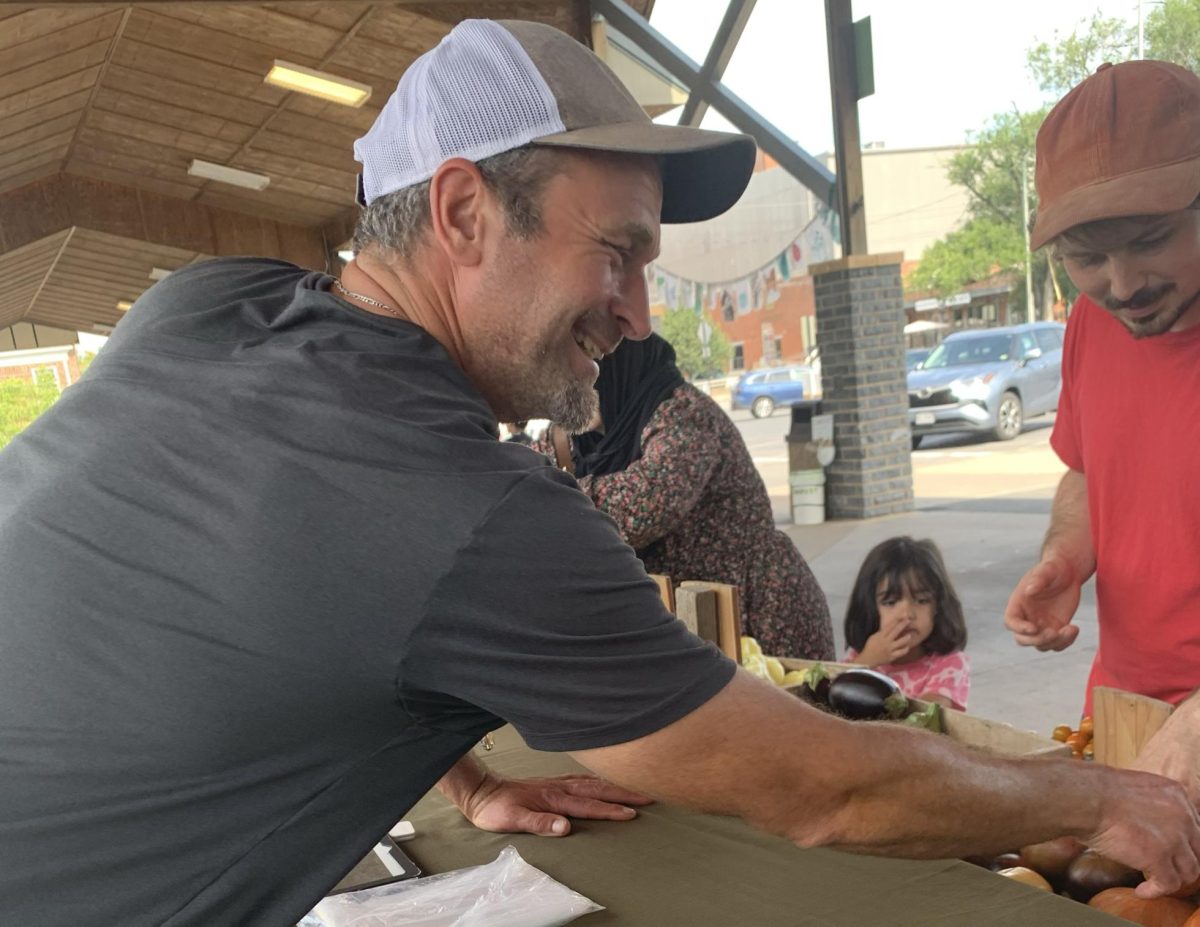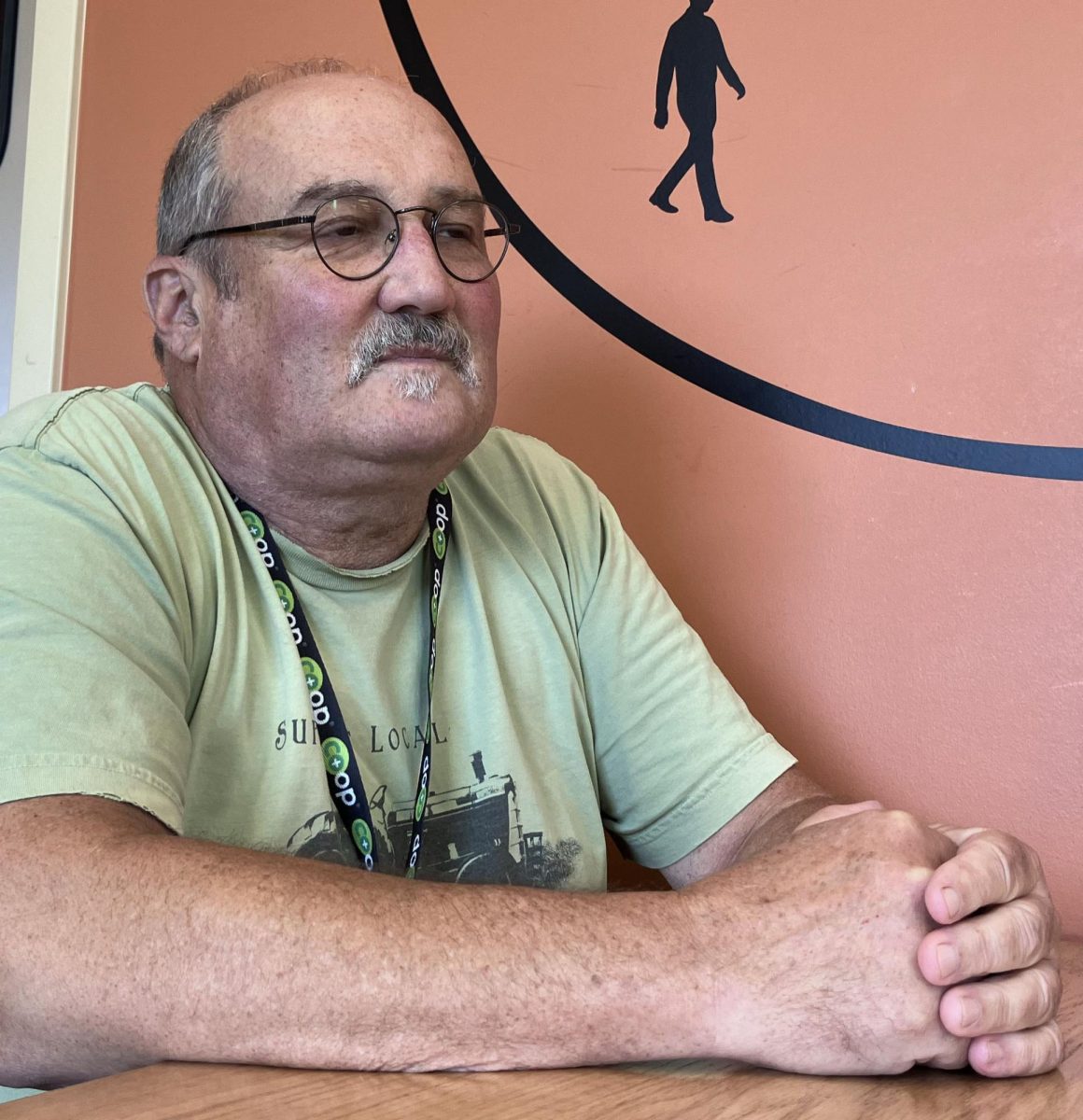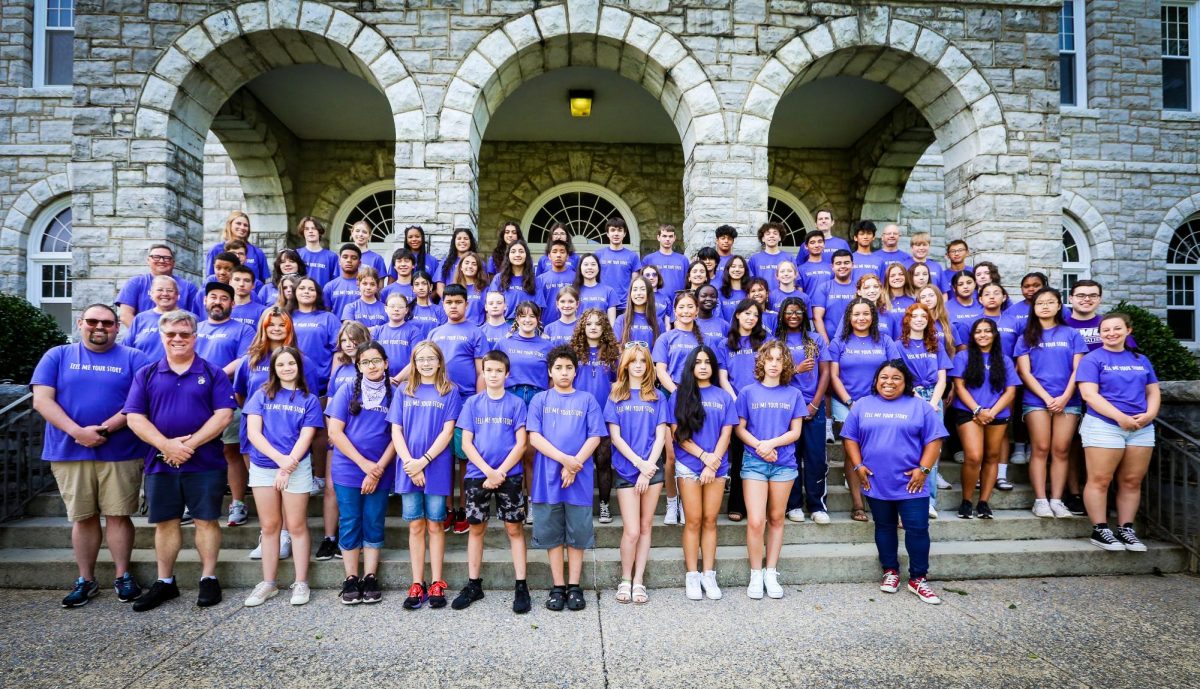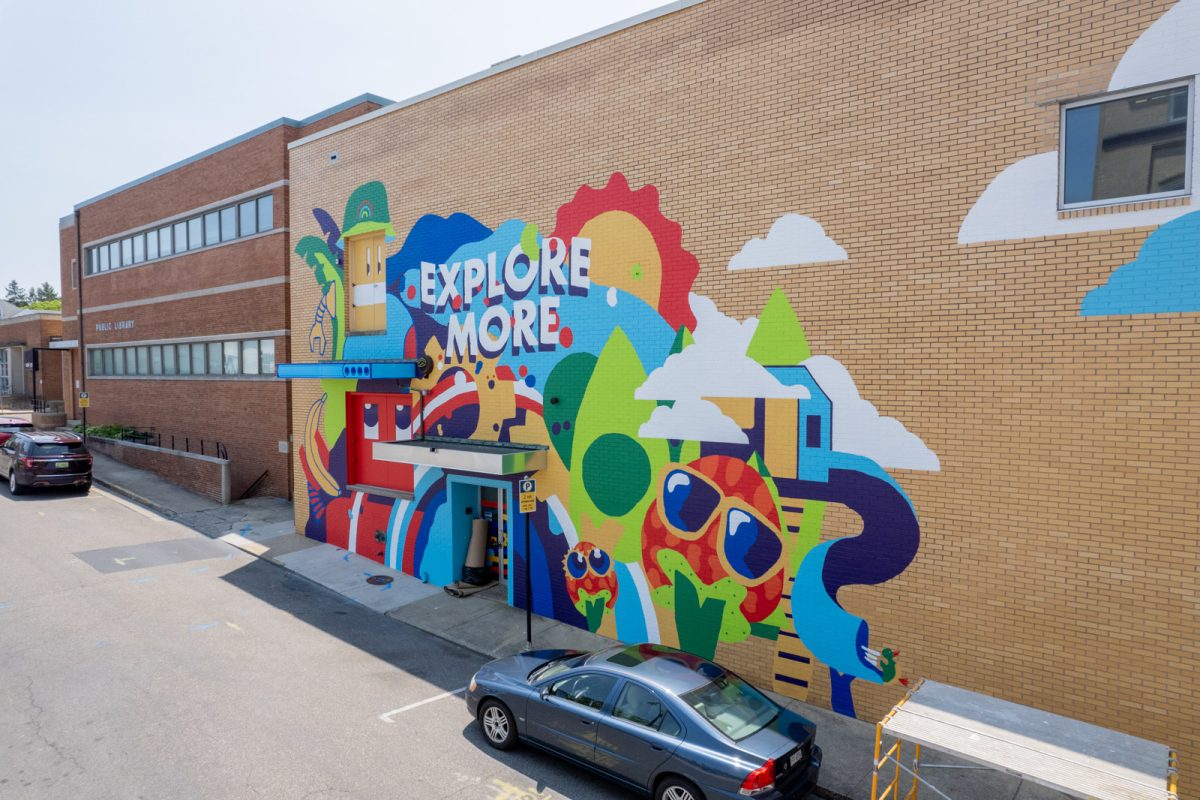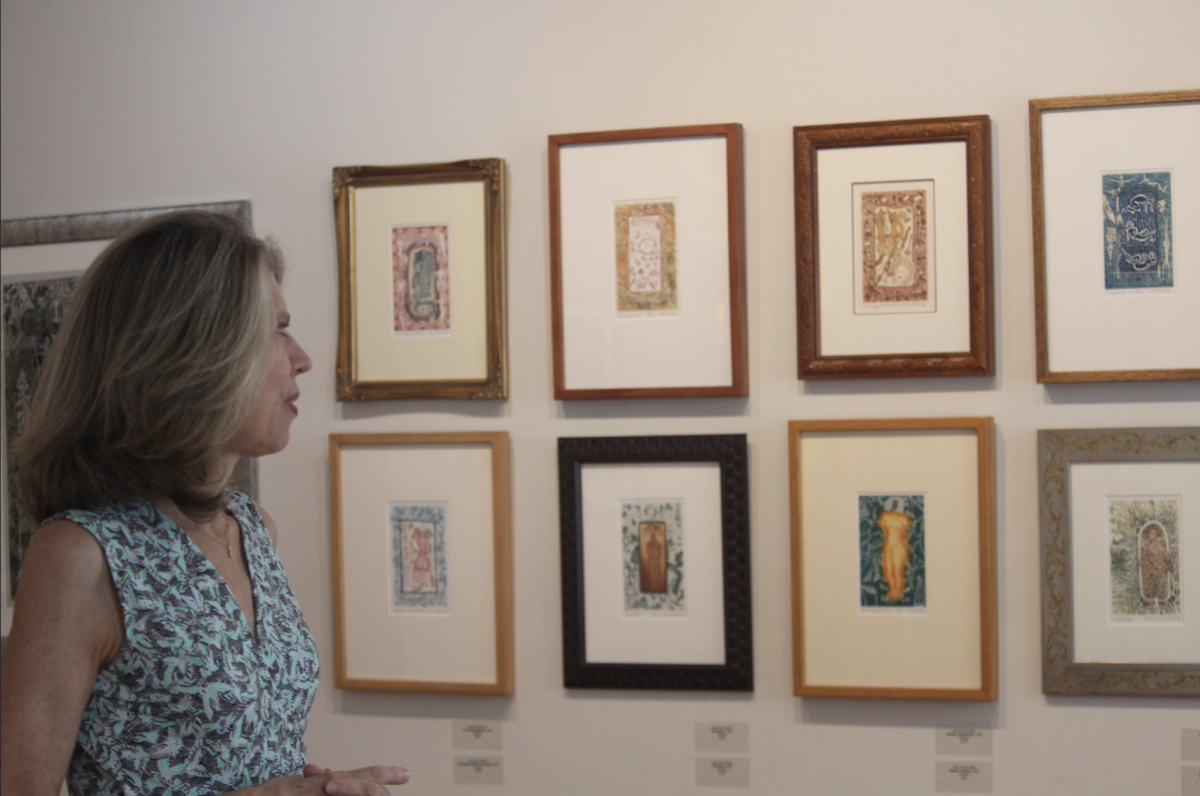Harrisonburg doesn’t have a lot in common with New York or LA, but one thing remains true for all three cities– and no it’s not their size– pickleball. It’s taken over Harrisonburg. Whether it be at JMU or at Morrison Park, people of all ages are enjoying the game and each other’s company.
“I’ve seen the pickleball community explode both at the Harrisonburg community and at JMU,” Ryan Morneau, a member of the JMU Pickleball Club, said. “The town of Harrisonburg has continued to convert tennis courts and public parks into dedicated pickleball courts.”
Unlike other popular racket sports, pickleball is a sport where conversation between opponents is welcome and encouraged. In tennis, conversation during the point would be both difficult and frowned upon, because of its professional and courteous nature. In a sport such as squash, they are simply hitting the ball too hard for either player to really hear each other.
“In pickleball, you can talk midpoint, it’s a very friendly atmosphere,” Morneau said. “You’re encouraged to be social and to be very welcoming to everyone that is playing.”
Even though it is often called an “easier tennis,” pickleball still demands the same skills. Similar to tennis, players mainly move on the frontal plane trying to hit the ball over the net. Pickleball is also a sport that is inclusive to all. Criteria such as gender and age that often create barriers in other sports, are unimportant in pickleball. Players use a 1-7 rating system called the Dynamic Universal Pickleball Ratings. The better you are, the higher your rating is. DUPR is mainly for competitive play, but when playing casually the different ratings don’t matter.
“People want to help each other learn, so the system helps make it a “pay-it-forward” mentality,” Morneau said. “If you go into courts just to play pickup, you’re going to meet someone new. That could mean a 3.0 playing with a 5.0, or a 4.0 playing with a 2.0. It doesn’t really matter.”
According to CNBC, over 36.5 million people played pickleball from August 2021, to August 2022. This eventually ended up leading to pickleball equipment becoming available for rental, and pickleball courts being set up in JMU’s UREC.
“We have seen a great increase since COVID in terms of demand and interest in pickleball,” Associate Director for UREC Services Kristen Gibson said. “We have four courts set up in the UREC, we have courts set up at University Park, and we have tennis courts with portable pickleball courts.”
In addition to the social benefits, pickleball is also a lower impact sport that does not involve lots of moving and lunging like other racket sports. This enables players from older generations to enjoy the sport and get exercise, without facing risk of injury.
“My grandpa taught me the sport. He’s probably 70 now and he still moves like a butterfly out there,” Morneau said. “It’s not as intensive on the several joints of older people’s bodies.”
A study done by Texas Health discovered that on average, pickleball players spent 9% less time in high intensity heart rate zones than tennis players did, leading to less heart attacks and heart problems. Proving that it is a much safer sport than its counterpart in tennis.
For those who fear cardio, pickleball provides an easy way to burn calories while still enjoying themselves.
“I’ve gotten healthier playing it, and it’s introduced me to a new way to get a workout in, because I run a lot, so it’s kind of like a fun cross country training,” Casual pickleball player Lacey Higgins said. “It’s a mindless, fun activity. It’s not something that I have to put a lot of thought into.”
The clap of pickleballs ring in the ears of the people that live in Harrisonburg. Such a seemingly simple sport has changed the lives of so many, creating a sense of community, health and happiness.
“Pickleball contributes to some people’s lives.” Morneau said. “I’ve seen stories on Instagram of people basically turning their lives around because they found pickleball.”


